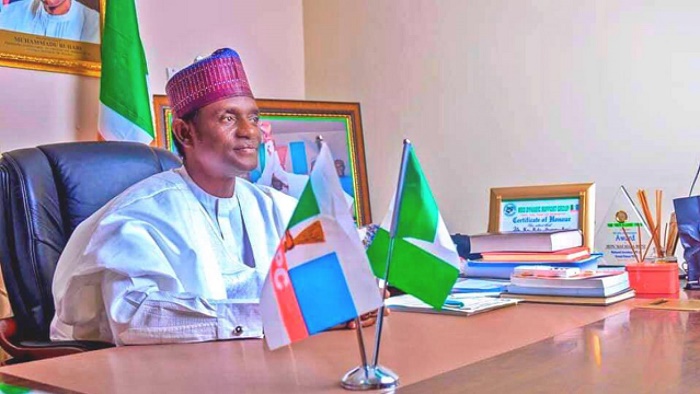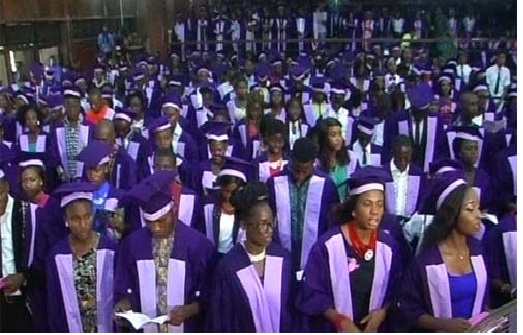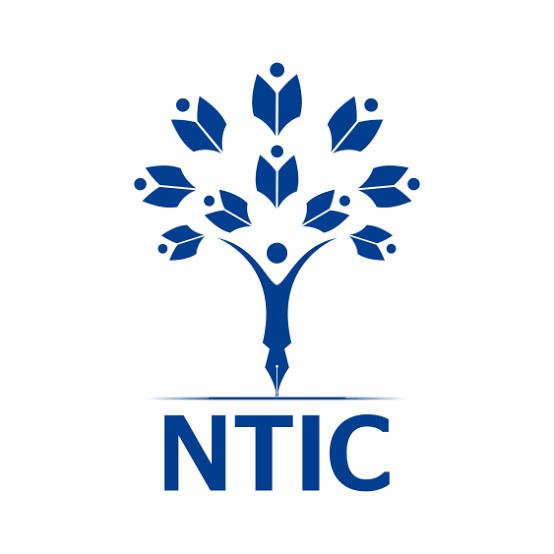Yobe Government to Power All Secondary Schools with Solar Energy by 2025


The Yobe State Government has announced plans to replace fossil fuels with solar energy to supply electricity to all public secondary schools in the state by 2025.
Alhaji Baba Malam-Wali, Secretary to the State Government (SSG), made this statement during an inspection of several ongoing projects in Nguru on Monday.
Schools visited included Government Higher Islamic College Nguru, Government Day Secondary School Gashua, Nigerian Tulip International College (NTIC) Yobe Campus, and Government Girls Unity College Damaturu, among others.
Malam-Wali explained that the shift is part of a comprehensive plan to enhance educational standards across the state.
Since 2019, Yobe State has focused on several reform measures, including efforts to decongest schools. The government has constructed new model schools to alleviate overcrowding in urban schools and has collaborated with traditional leaders to increase primary school enrolment in rural areas.
The SSG also stated that the government has covered examination fees for the 2025 West African School Certificate Examination (WASSCE) and the National Examination Council (NECO), easing financial pressure on parents. Additionally, the state has opened new secondary schools for girls, allowing young women greater access to education.
Malam-Wali noted significant investments in the rehabilitation of school facilities, such as providing new furniture and other necessary resources.
The SSG also highlighted that the state’s free feeding programme, benefiting secondary school students, is currently ongoing and costs the government approximately N500 million monthly.
School principals in Nguru expressed appreciation for the government’s consistent support, noting positive impacts on student enrolment, academic performance, and school infrastructure. Mr Hasibullahi Jogi, Principal of NTIC Yobe Campus, specifically commended the state’s commitment to the education sector.
Accompanying the inspection team, Mr Rajab Ismail, Chairman of the Nigeria Union of Journalists (NUJ) Yobe Council, encouraged journalists to focus on accurate and fair reporting.
He called on them to uphold objectivity and put aside personal biases, underlining the role of responsible journalism in supporting national unity and development.







